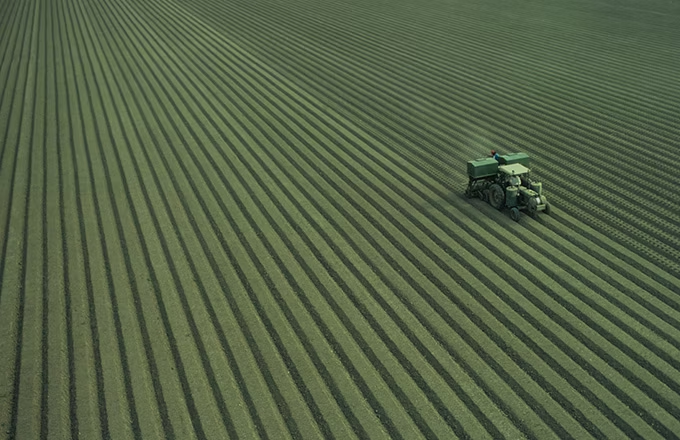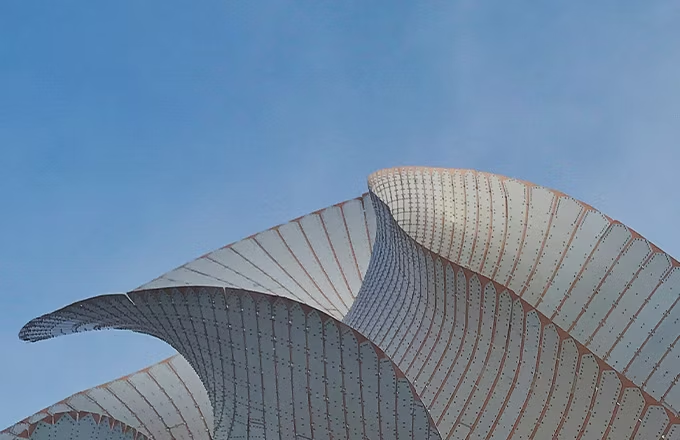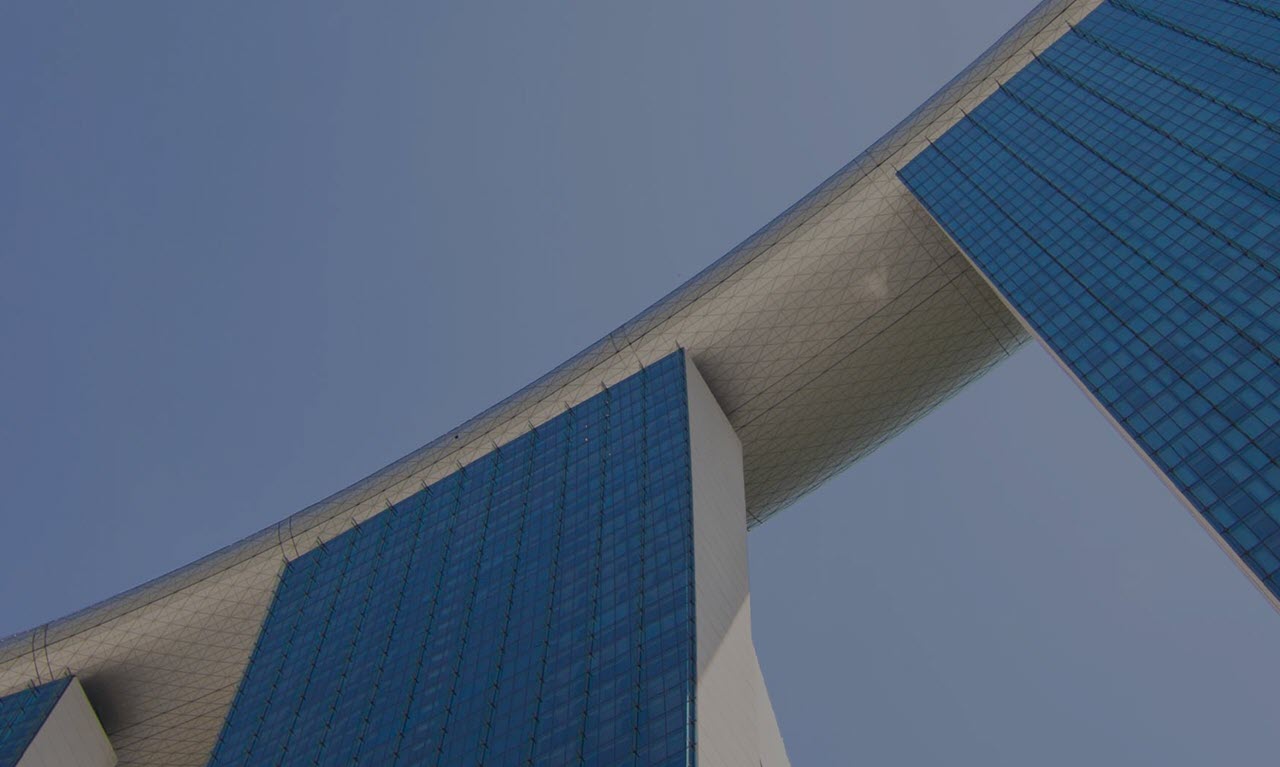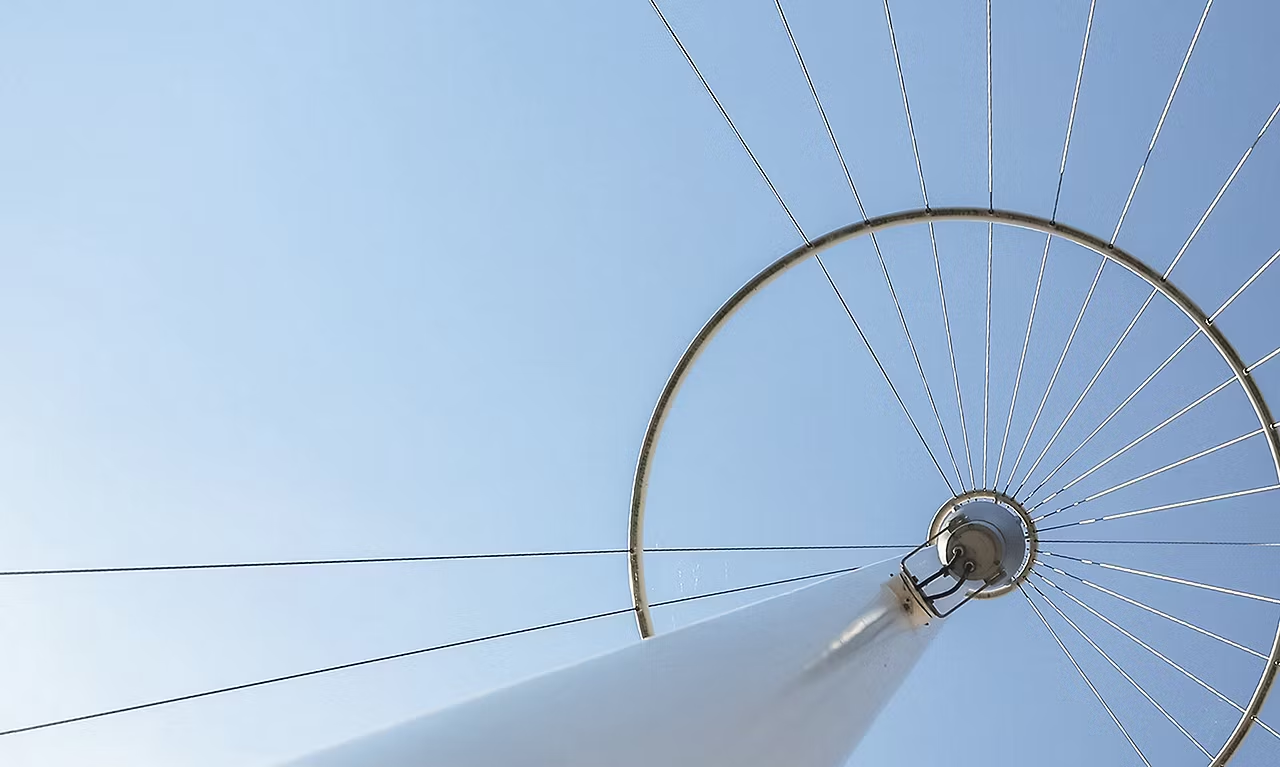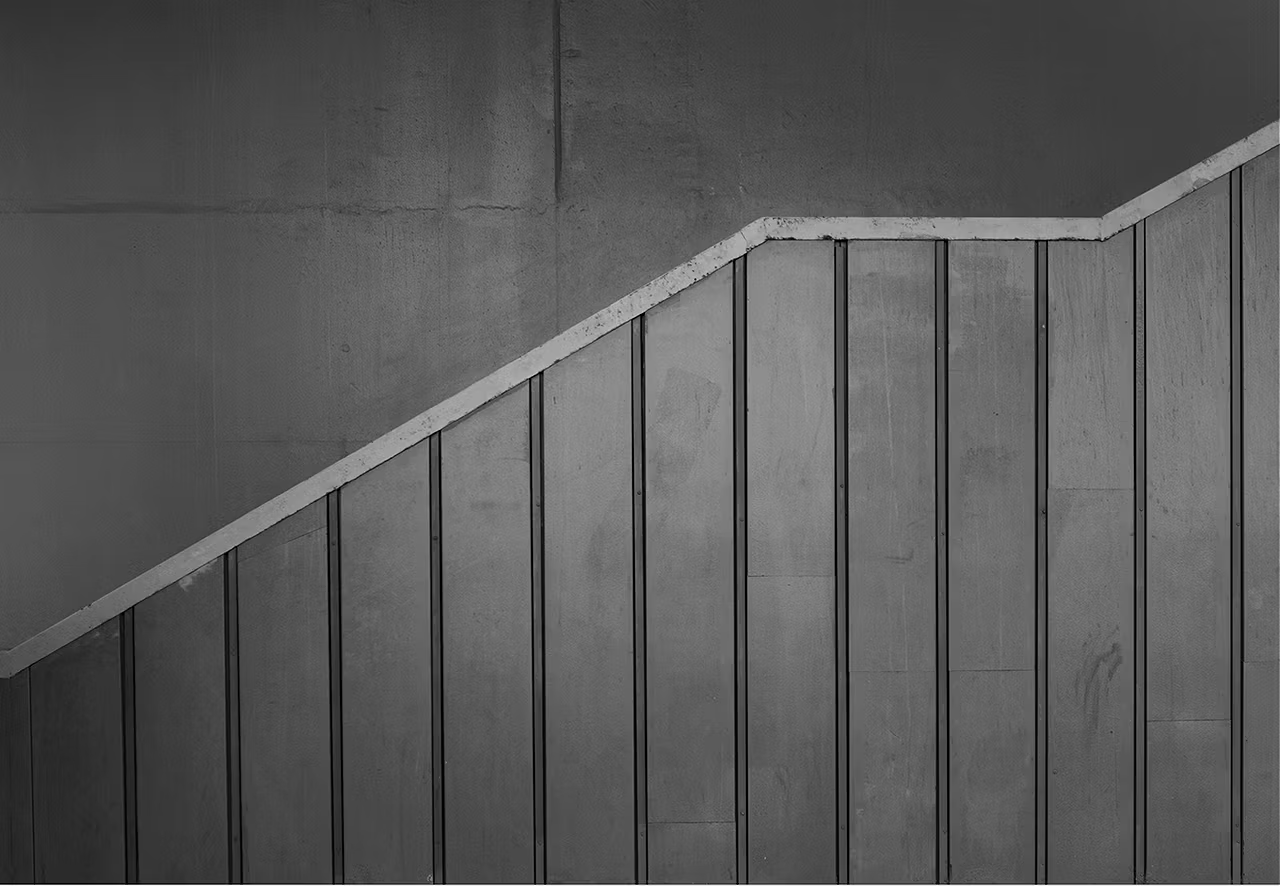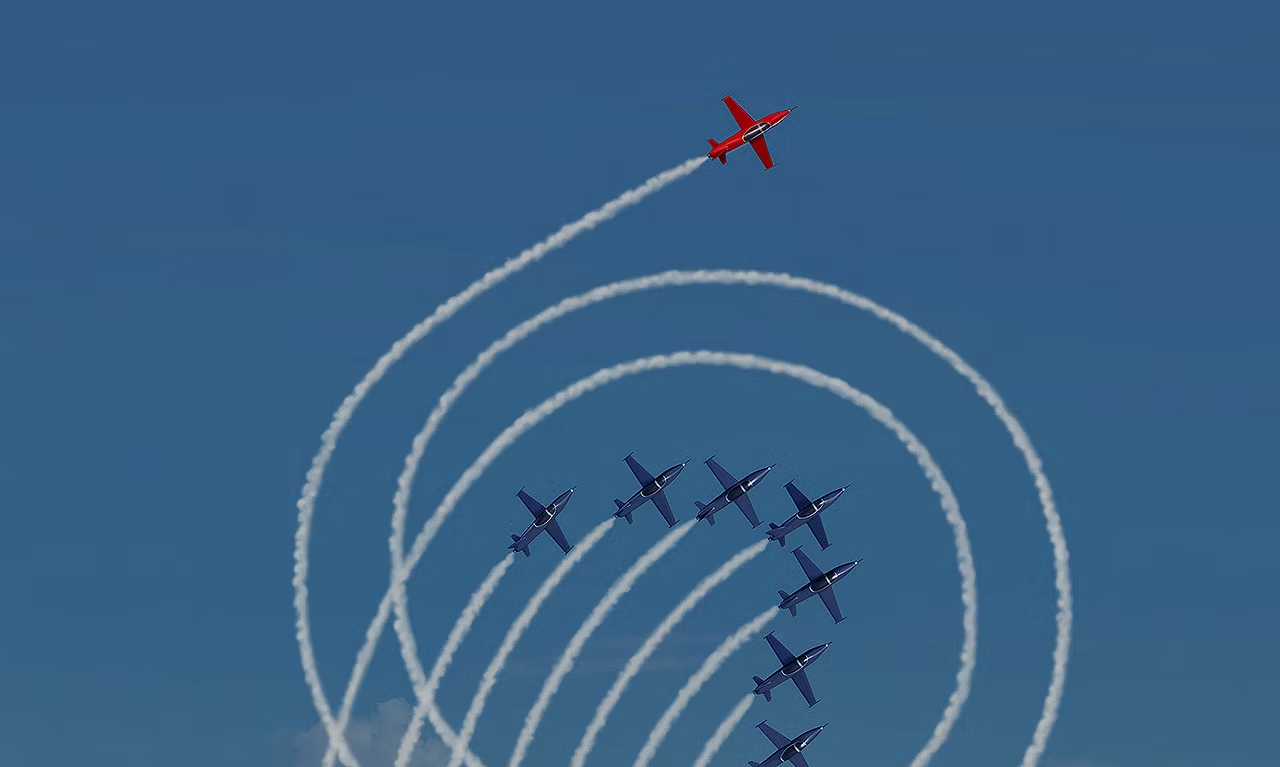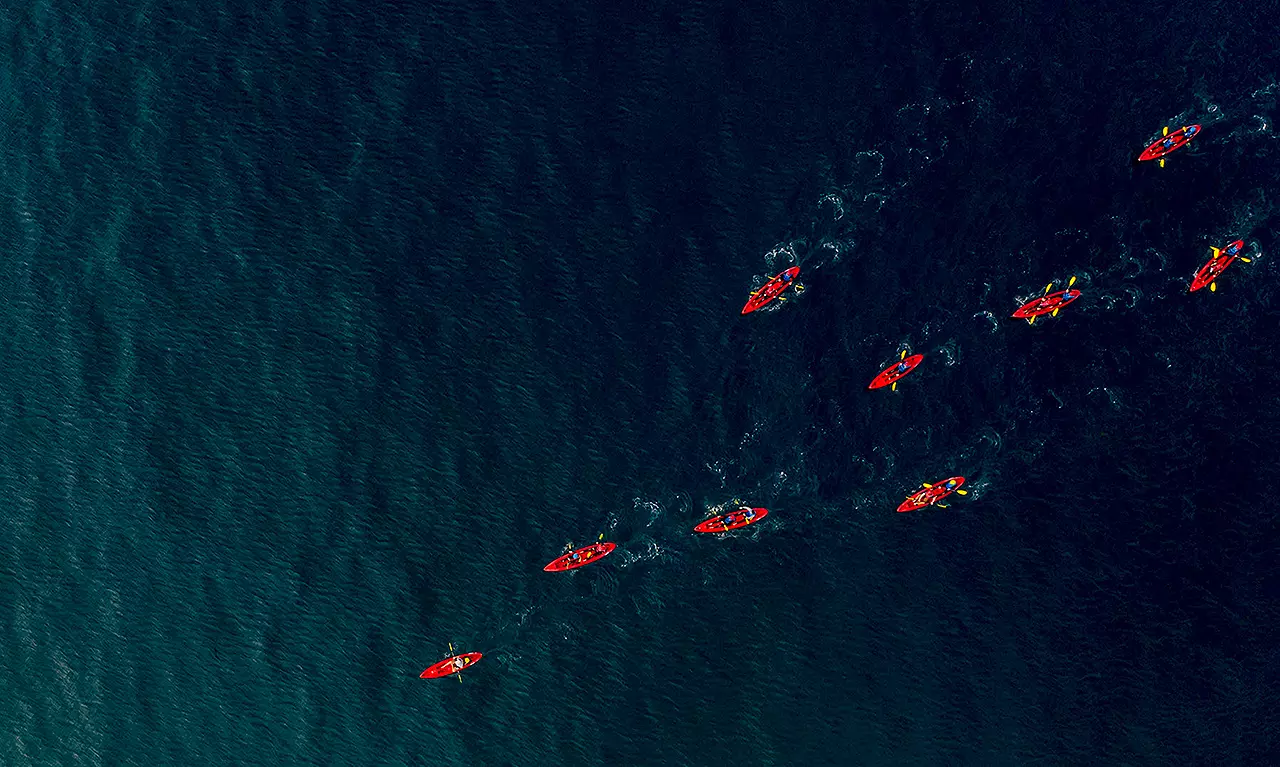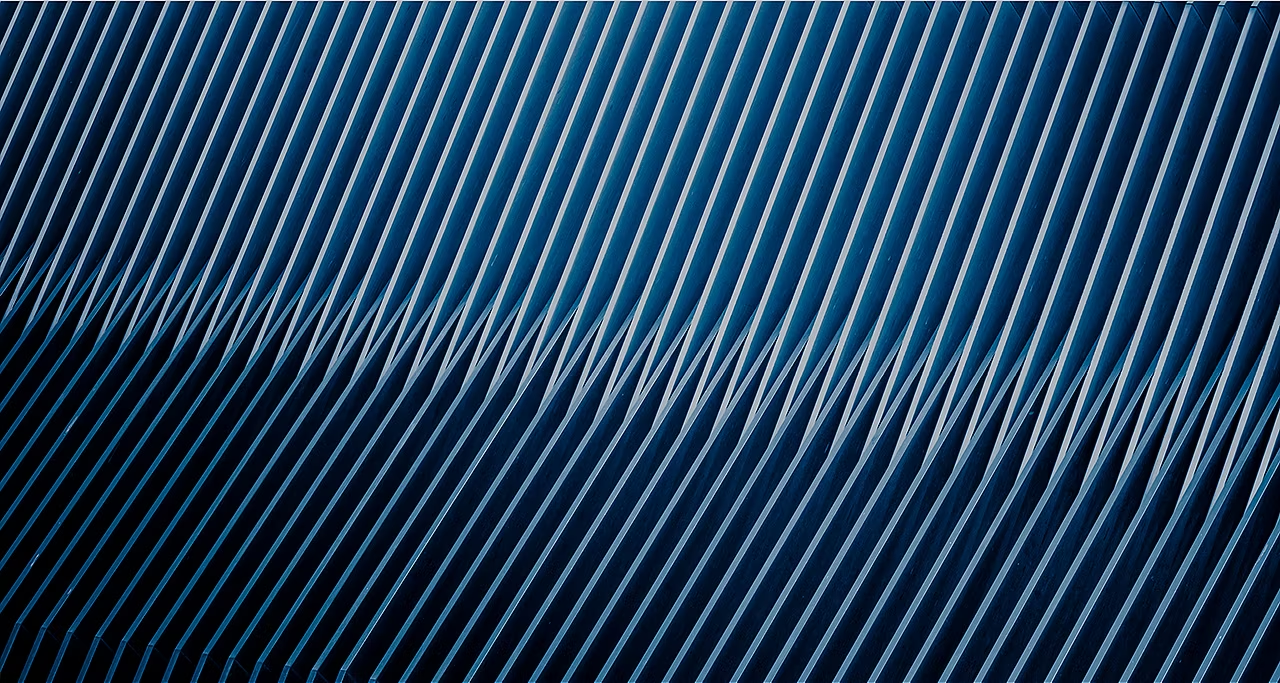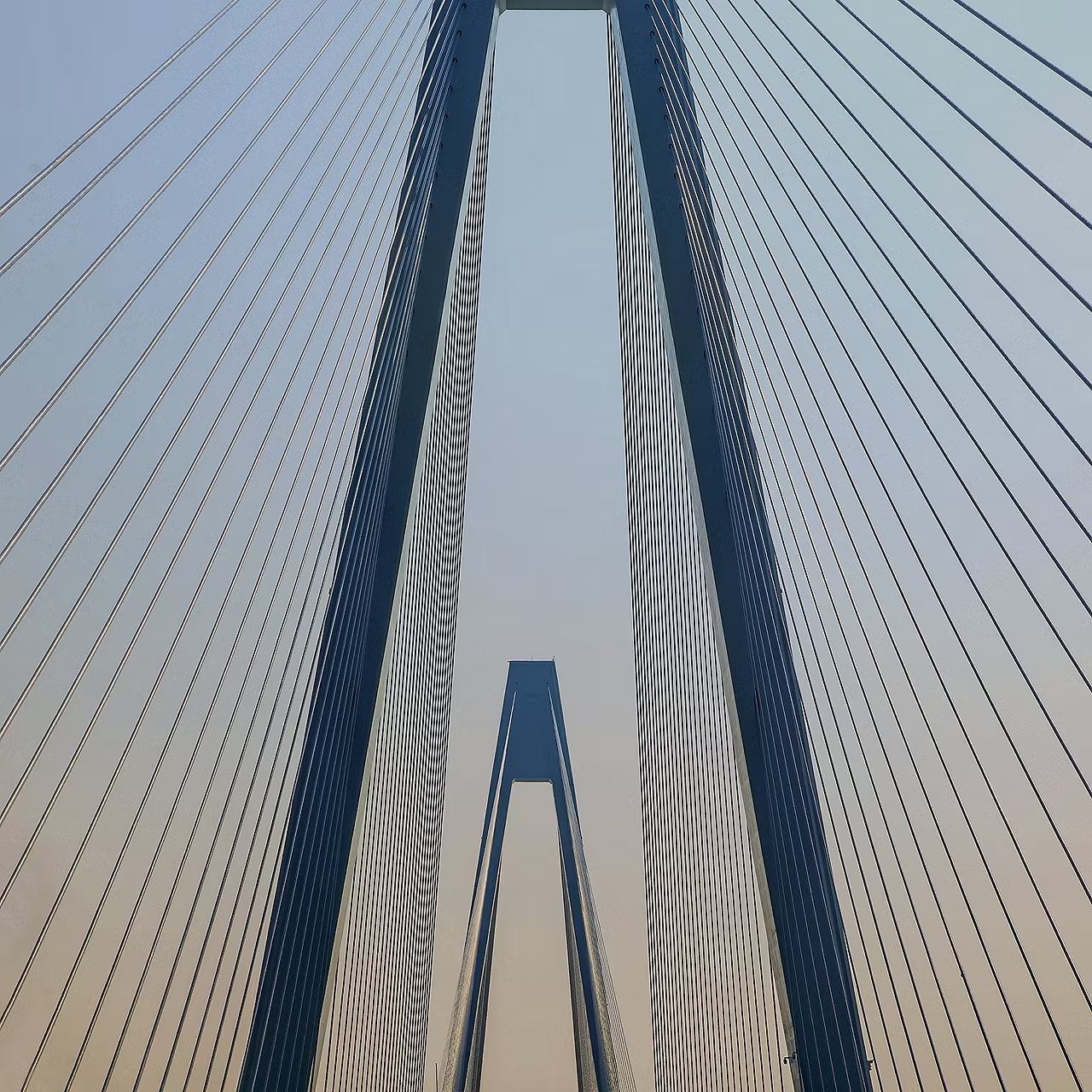S&P Dow Jones Indices has been the de facto scorekeeper of the ongoing active versus passive debate since the first publication of the S&P Indices Versus Active (SPIVA) U.S. Scorecard in 2002. The SPIVA South Africa Scorecard measures the performance of actively managed South African equity and fixed income funds denominated in South African rands (ZAR) against their respective benchmark indices over six-month and 1-, 3-, 5-, and 10-year investment horizons.
YEAR-END 2021 HIGHLIGHTS
South African Equity
During 2021, South African equities, as represented by the S&P South Africa Domestic Shareholder Weighted (DSW) Capped Index, posted a solid return of 26.2%. However, this was once again surpassed by S&P DJI’s large-cap benchmark for the country, the S&P South Africa 50, which was up 30.5% for the year. The performance of this large-cap index continued to be a yardstick that relatively few active managers could beat.
- Over the one-year period, 74% of funds were beaten by the S&P South Africa 50. The dominance of the large-cap benchmark is further highlighted by the 5- and 10-year periods, in which 95% of funds underperformed.
- Versus the broader S&P South Africa DSW Capped Index, 47% of funds underperformed in the one-year period. This increases over time to 73% underperforming over the 10-year period.
The story is similar for fund managers when comparing performance on a risk-adjusted basis. Over the 10-year period, 89% and 66% of South African Equity funds underperformed the S&P South Africa 50 and S&P South Africa DSW Capped Index, respectively, on a risk-adjusted basis.
On an asset-weighted basis, South African Equity funds underperformed the S&P South Africa 50 by 1.7% over the one-year period, rising to 2.7% annualized underperformance over the 10-year period. Compared with the broader S&P South Africa DSW Capped Index, fund managers fared better, collectively beating the benchmark by 2.6% and 1.2% over the one- and five-year periods, respectively. Over the 10-year period, the same funds underperformed the benchmark by 0.3% annually.
Global Equity
Over the one-year period, 89% of Global Equity funds in South Africa were outperformed by the S&P Global 1200; this figure rises to 97% over the 10-year period. On a risk-adjusted basis, the strong level of fund outperformance persisted. Over the 1-, 3-, 5-, and 10-year periods, 82%, 86%, 92%, and 100% of Global Equity funds, respectively, failed to beat the S&P Global 1200 on a risk-adjusted basis.
The notable performance of the S&P Global 1200 over Global Equity funds is best summarized by the fact that the 75th percentile fund in each of the 1-, 3-, 5-, and 10-year periods failed to outperform the benchmark. In each of these periods, the funds underperformed by an annualized 3.0%, 1.8%, 1.9%, and 2.6%, respectively.






